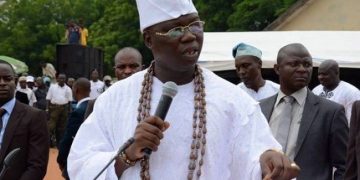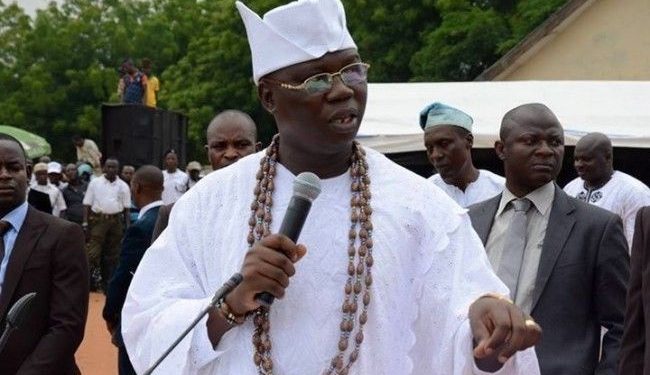The Yoruba One Voice (YOV), a prominent Yoruba self-determination group led by the Aare Onakakanfo of Yorubaland, Iba Gani Adams, has strongly opposed any attempt to introduce Sharia law in parts of the South-West. The group cautioned that such efforts could destabilize the region and further strain Nigeria’s delicate multicultural balance.
This stance was clearly outlined in a communique released after YOV’s international virtual conference titled “Sharia Law in Yorubaland: Setting Things Straight through Restructuring.”
Presided over by Adams, who also serves as the group’s convener, the conference brought together the YOV Global Coordinating Council, members of its General Assembly, notable stakeholders, and Yoruba leaders from the diaspora.
The communique emphasized that restructuring and regional autonomy remain essential for maintaining peace and fostering long-term development in Nigeria.
Attendees expressed concern that persistent resistance by the political elite to genuine federalism could force the Yoruba people to reconsider their place in the Nigerian federation, potentially leading to a push for full political sovereignty.
Adams, in his remarks, condemned efforts to impose Sharia law in Yoruba communities, calling it a strategy to manipulate religion for political gain. He warned that such actions might ignite tension and encourage radicalism.
“Sharia law will not solve our economic, political, or cultural challenges,” Adams stated. “Instead, it could disrupt regional harmony, radicalize our youth, and plunge our communities into conflict similar to what exists elsewhere in the country.”
The conference issued several key recommendations, including the need for constitutional reforms to decentralize power, enhance local governance, and give regions greater control over their economic resources. It also emphasized that any religious legal system must be voluntary, civil, and compliant with human rights standards.
Professor Oluwafemi Obayori, who delivered the keynote lecture, acknowledged that Islamic law has historically existed in parts of Yorubaland, such as Ilorin. However, he cautioned that current moves to entrench political Sharia in the region amounted to a cultural intrusion rather than a spiritual movement.
He raised concerns about the unchecked spread of Sharia courts, the suppression of indigenous religions, and the sidelining of traditional Yoruba festivals like Isese, all of which could erode cultural identity and weaken national cohesion.
Supporting this view, Professor Kolawole Raheem, a technical adviser to YOV, noted that while Yoruba Muslims have the right to resolve disputes through faith-based mechanisms, these must not override Nigeria’s secular legal system or infringe on others’ rights.
Raheem further pointed out that since the adoption of political Sharia in northern states in 1999, non-Muslims there have frequently experienced discrimination—an outcome that should not be repeated in the South-West.
YOV’s Secretary General, Prince Adedokun Ademiluyi, also urged collaboration with other ethnic groups—especially those in the Middle Belt and South-South—who are advocating for restructuring. He emphasized the importance of regional security systems and community policing to prevent religious extremism from gaining ground under the pretext of enforcement.
The conference concluded with a call for nonviolent opposition to the growing threat of religious intolerance in a nation founded on pluralism and secular governance.
Among the distinguished participants were Akogun Olakanye Franklin, Iyalode Abike Ade, Chief Mark Oyetunde, Ms. Modupe Sodimu, Yeyeluwa Alice Eniola, Yeye Oge Tina Atinuke, Chief Gani Wahab, Prince Adedapo Adesanmi, and Princess Adenike Olotu.















